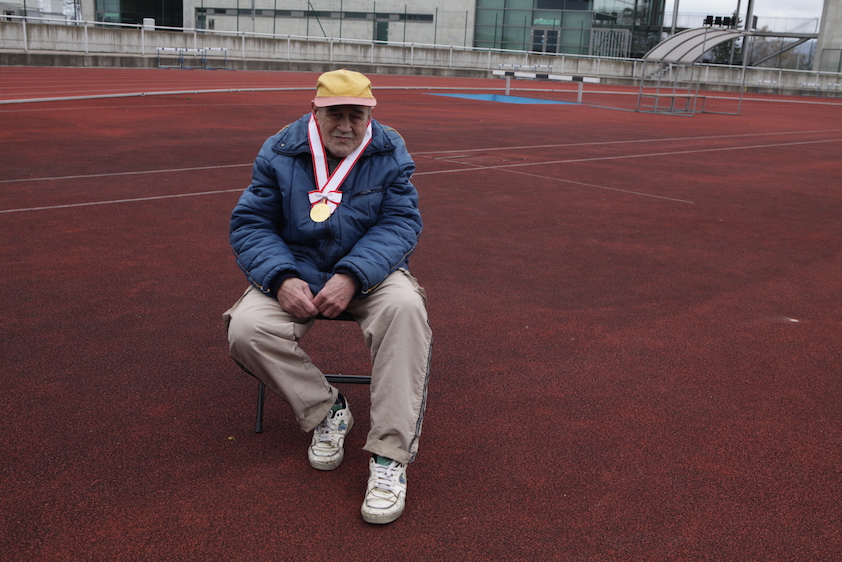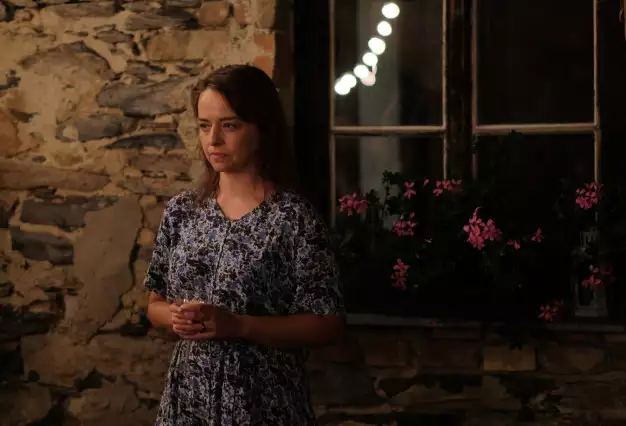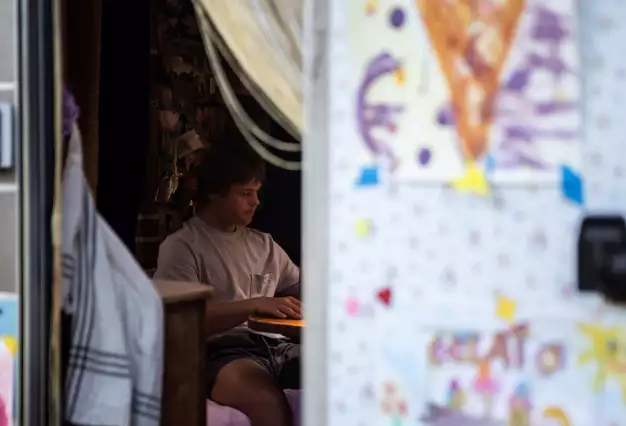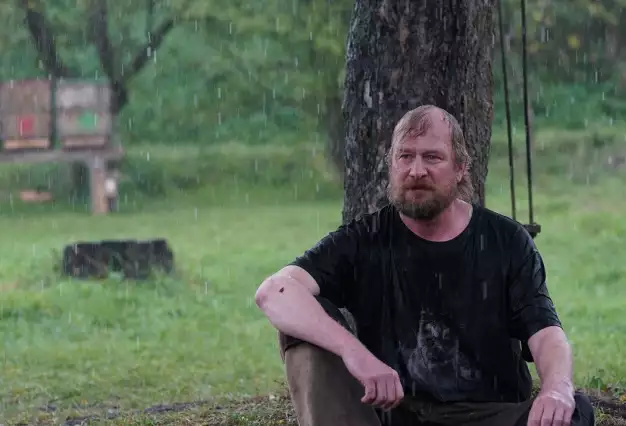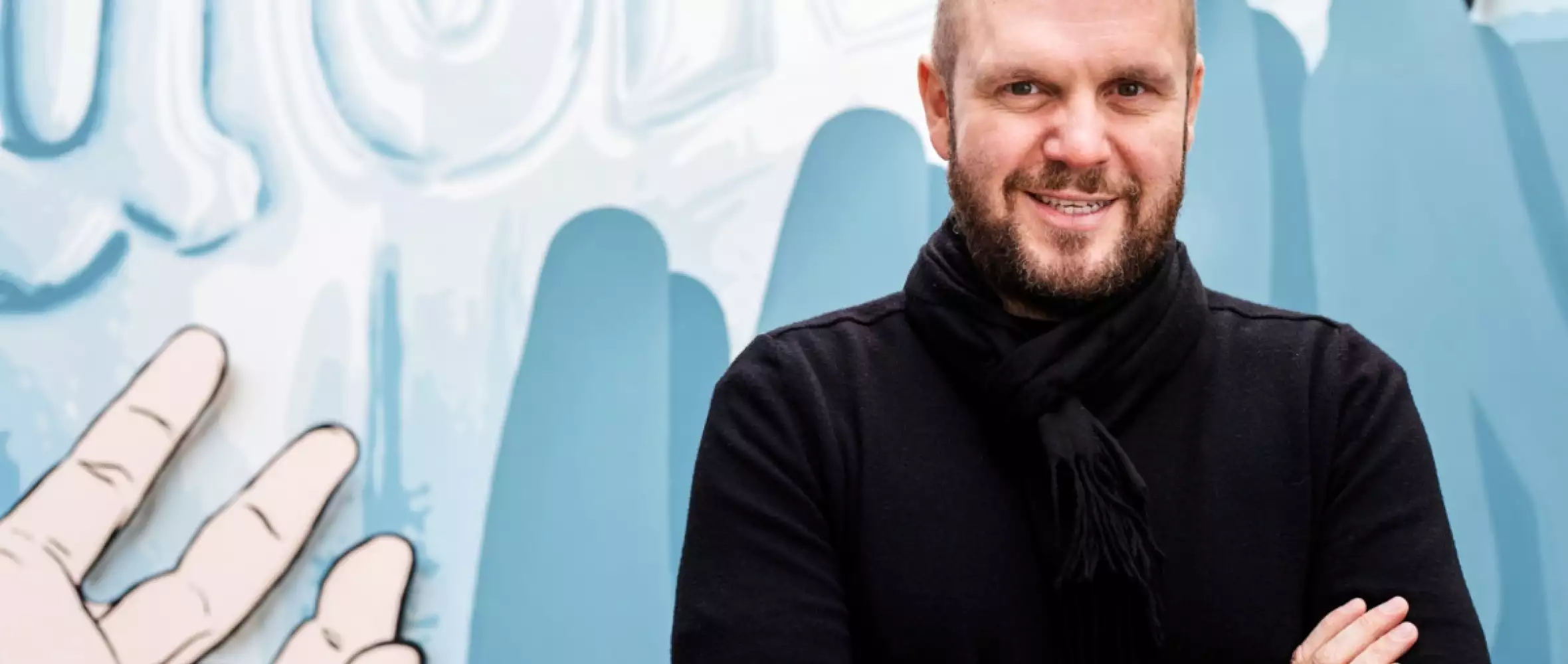
07 August 2016
David Ondříček Races Full Speed Ahead
David Ondříček Races Full Speed Ahead

Anthropoid’s executive producer is enthusiastic about the prospects for his next big directorial endeavour: a biopic of famed long-distance runner Emil Zátopek. While he downplays the idea of a sequel to his career-making Loners, he talks about a desire to return to comedies and expand his canon by making a certain unexpected genre.
Article by André Crous for CZECH FILM / Fall 2016
With five feature films to his name after 20 years in the business, director David Ondříček might not be as prolific as many of his peers, but there is no question he ranks among the best-known filmmakers in the Czech Republic. After debuting with Whisper at the end of 1996, he worked on an ensemble film that created a mosaic of vaguely interconnected storylines playing out across the city of Prague in Loners. The film was a runaway success and has generated a cult following and inspired countless requests – as yet unheeded – for a sequel.
The son of the late Miroslav Ondříček, a two-time Academy Award nominee who served as director of photography on more than 40 films (the most famous of which is Miloš Forman’s Amadeus) and as assistant cameraman or second camera operator on at least a dozen others, he studied documentary filmmaking at FAMU around the time of the Velvet Revolution. Although he soon abandoned this direction in favour of feature filmmaking, it has recently popped up again in his work – to his great satisfaction.
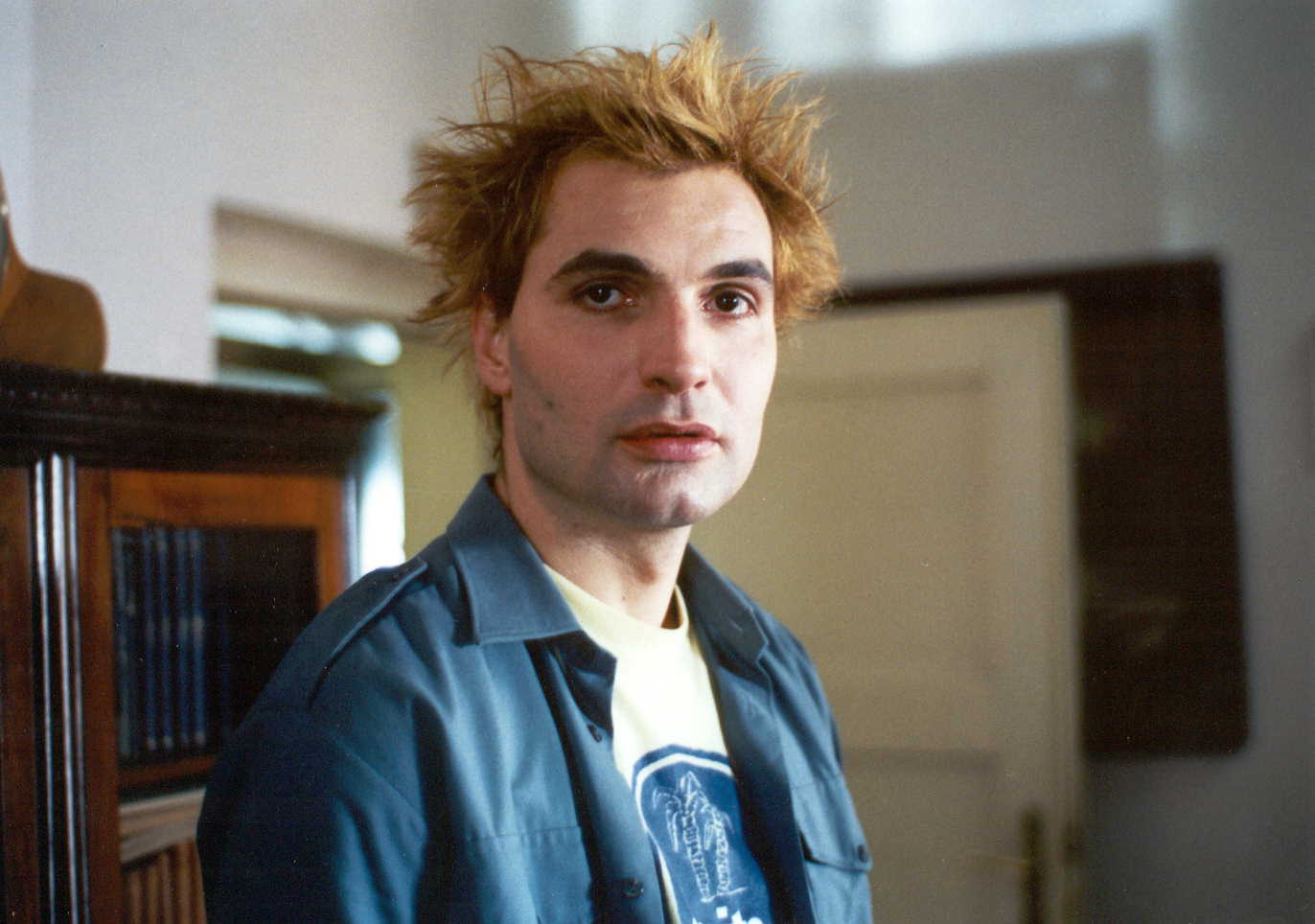
“I’m mainly interested in [making] feature films”, he says, before elaborating that “the documentary is my long-time love, which I love as a spectator and sometimes also as a filmmaker. I recently completed a documentary on the phenomenal runner Emil Zátopek, and I enjoyed it very much.”
His father’s legacy is in evidence in the name of his production company, Lucky Man Films. Founded in the summer of 1999, in part to produce Loners, it is named after O Lucky Man!, the 1973 film by UK director Lindsay Anderson on which Miroslav Ondříček was behind the camera.
David Ondříček followed Loners with two more comedies – One Hand Can’t Clap and Grandhotel – before embarking on a new phase in his career with the neo-noir In the Shadow, set in 1953 during a particularly ominous time when Czechoslovakia’s hard-line communist government took the drastic step of devaluing the nation’s currency.
This marked shift away from comedy into the realm of pure drama was also the first time the director made a film set in the past and informed by real events. “It’s something completely different, and I like it”, says Ondříček. In the Shadow met with widespread critical acclaim and swept the Czech Lions (the national film awards), where it picked up prizes for Best Film, Best Director, Best Screenplay, Best Cinematography and Best Editing, among others.
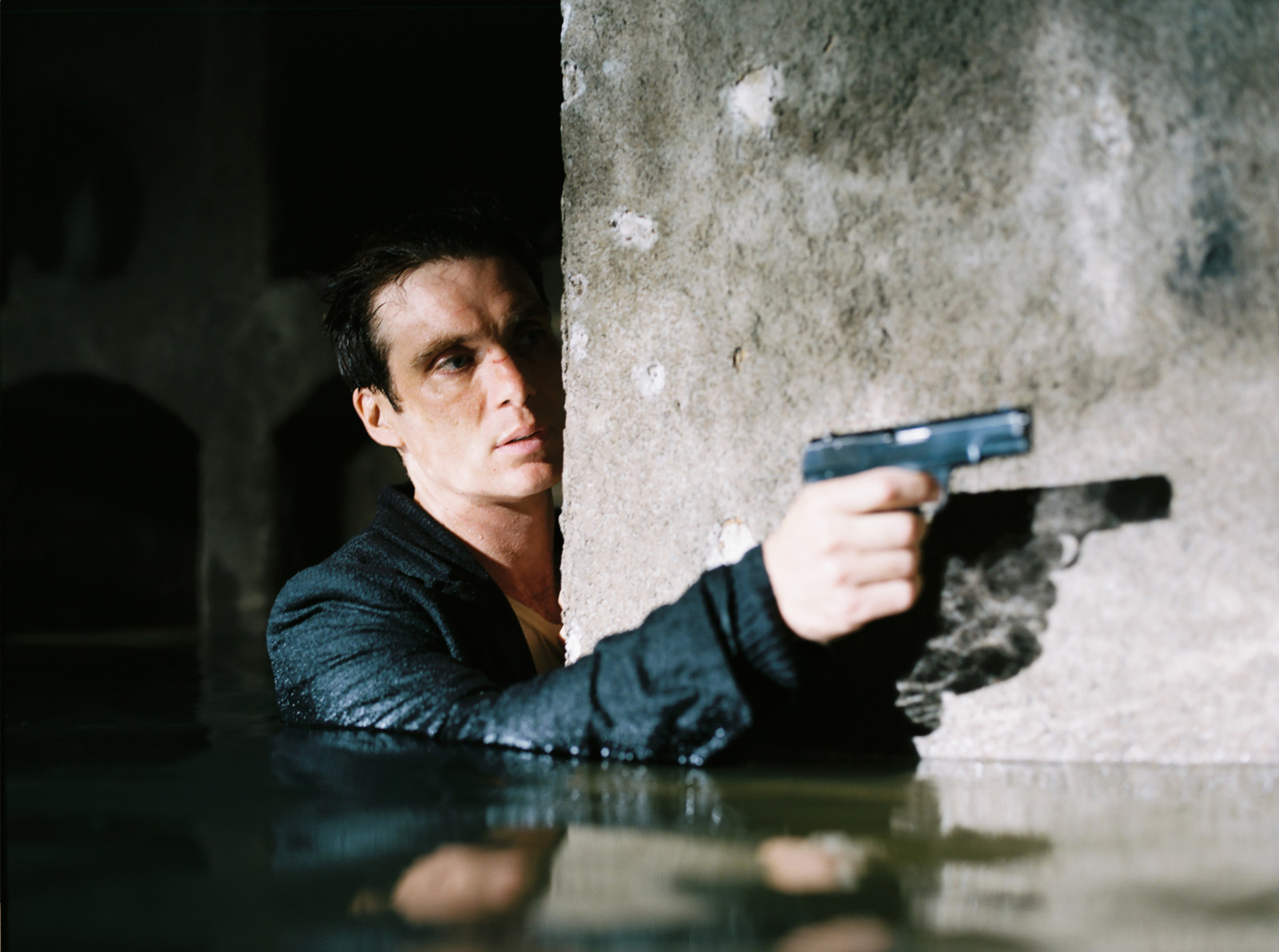
The film’s stylish nature obviously raises the question to what extent Ondříček feels he has been influenced by his cinematographer father in his filmmaking, but the 47-year-old director points to a more holistic influence that extends beyond merely capturing the images: “Dad was an enlightened person who influenced me in all directions. He was a filmmaker, interested in film as a whole. He focused not only on his camera. He argued with the whole crew [to push them] to love film unconditionally, to make it amazing.”
“Topics such as In the Shadow and Zátopek came to me rather subconsciously. I am interested in politics and the current social situation in the Czech Republic. I feel it is necessary to motivate people, to show them patterns from the past.” This explanation also illuminates his involvement as an executive producer on Sean Ellis’s Anthropoid, which recounts the real story of how a Czech and a Slovak soldier, Jan Kubiš and Jozef Gabčík, managed to assassinate the highest-ranking Nazi in Czechoslovakia at the height of the Second World War.
While his experience in production goes back all the way to Loners and the establishment of his production company, he only began producing other directors’ films in the past two years, starting with Petr Zelenka’s Lost in Munich and continuing with Anthropoid. Ondříček says the reason for this is that he just “wanted to help good movies” get made, and he indicates that besides being a director and a screenwriter (he has co-written more than half the films he has made to date), he intends to continue producing, too.
"Dad was an enlightened person who influenced me in all directions. He was a filmmaker, interested in film as a whole. He focused not only on his camera. He argued with the whole crew to push them to love film unconditionally, to make it amazing.”
Anthropoid was very well received at the Karlovy Vary IFF in July, especially among local viewers, and Ondříček expects the film, which has already been picked up for distribution in the UK and the USA, to be released in the Czech Republic by the end of the year. He has nothing but praise for the atmosphere that swept him into the producer’s chair. “Sean Ellis’s enthusiasm transported both me and producer Kryštof Mucha. From the beginning, we were part of an amazing project, and from our perspective also a great movie.”
While he is hesitant about sharing too much information, Ondříček says he will direct a two-part film for Czech Television next year. At the moment, however, most of his days are taken up by his focus on bringing the Emil Zátopek biopic to the big screen. The film, tentatively titled Zátopek, will trace the determined athlete’s journey from childhood all the way through to his triumphant appearance at the 1952 Olympics in Helsinki, where he won three gold medals.
“The Zátopek feature film is an extraordinary project. We have been working on it for a very long time, and you need to make a number of studies and undertake deep research. I thought that the best possible way to get to know Zátopek was to make a documentary about him. It was a good move, and now I look forward to the feature film even more.”
The one-hour documentary, again simply titled Zátopek, first screened on Czech Television during the recent Olympic Games in Rio de Janeiro. With regard to the current environment for making films in the Czech Republic, Ondříček says it “depends on grants, and that is never good. We need more financial resources.” But he sounds an optimistic note about the recent output from the next generation of local filmmakers: “I firmly believe in the success of Czech filmmakers in the near future.”
He advocates an original approach to filmmaking and recommends that the country’s films tackle issues that are not limited to the Czech Republic. Among the current batch of filmmakers, he has particular praise for the young Ondřej Hudeček, a recent FAMU graduate whose virtuosic short film Peacock has racked up numerous awards over the past year.
And what about all those requests for a sequel to Loners, by far his most successful film to date? That would happen only if “Petr Zelenka [who wrote the screenplay for the original], the actors and I were willing to do so.” Not wishing to get anybody’s hopes up, however, he quickly adds, “We are not thinking about it now. … I would like to return to comedies, although lately, I feel the time is not right for comedies. I would love to try sci-fi – a genre that I love!”


